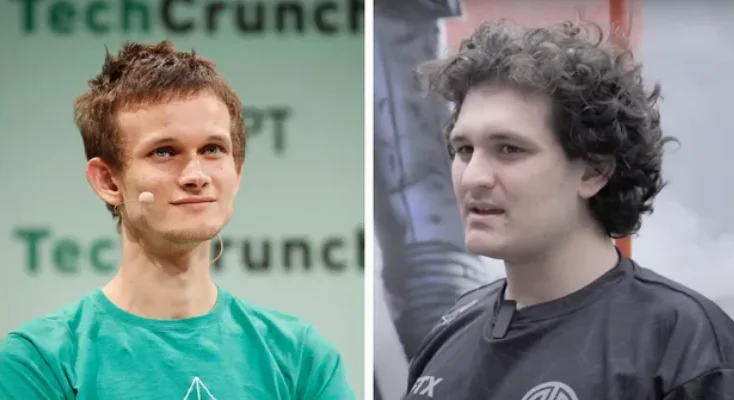FTX CEO Sam Bankman-Fried and Ethereum co-founder Vitalik Buterin have given their proposed solutions to help control accounts operated by Twitter bots.

Sam Bankman-Fried proposed using on-chain social media posts to address the problem, which may turn out to be a crypto use case. He suggested charging a modest amount of gas for each communication to deter the use of bots and bogus accounts.
He also points out that this is merely one method for containing and addressing the issue. Social media networks were previously described by SBF as “isolated” and “not interoperable.” He tweeted about the potential of messaging on a blockchain in July 2022.
“One way to get rid of a bot problem: on-chain social media messages; even a tiny amount of gas per message would discourage it.
In response to SBF’s suggestion for on-chain social media messages, Vitalik Buterin expanded on the concept. He recommended that if the message is received well, the message sender should be permitted to cut costs.
By doing this, spam accounts would be effectively eliminated without negatively affecting genuine users. Conditional burning, as Buterin dubbed it, enables free messaging if the recipient is satisfied.
“Conditional burn is better in my opinion. Recipient should have the right to force you to burn $X (or donate it to charity), but if the recipient is happy with your message it should cost nothing.”
Twitter bot issue
Elon Musk’s much-discussed takeover attempt for Twitter was largely focused on the problem of Twitter bots. Sam Bankman-Fried, now Vitalik Buterin, two of the most well-known figures in the crypto space, appear to be on something.
Musk asked for information about the percentage of phony Twitter accounts that are managed by bots earlier this year. In fact, the Tesla CEO once momentarily halted the proposed deal because of a Twitter bot issue.
A whistleblower revealed in August 2022 that Twitter had lied to regulators about spam accounts. Later, Musk charged that Facebook was withholding important information. He then halted the buyout bid due to his worries about spam accounts and a lack of openness.
